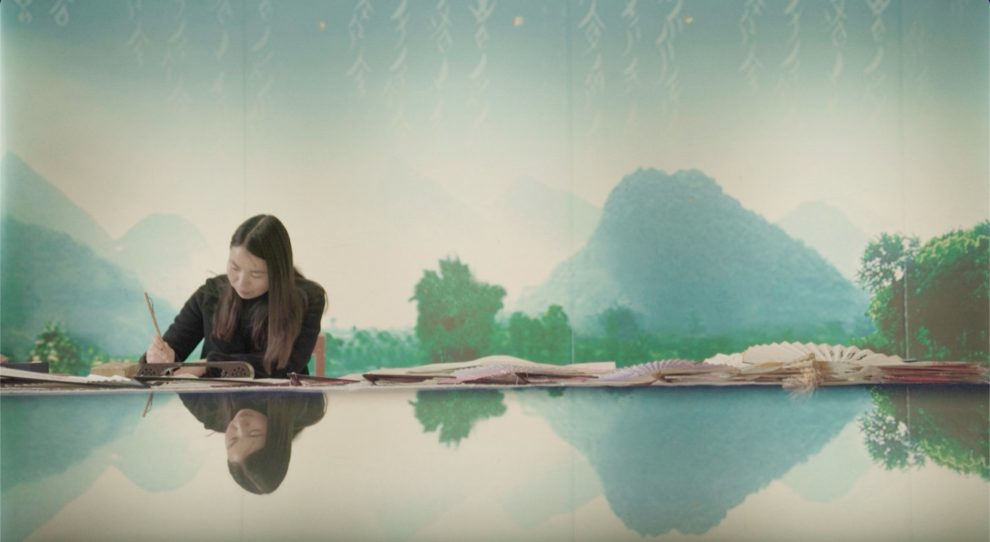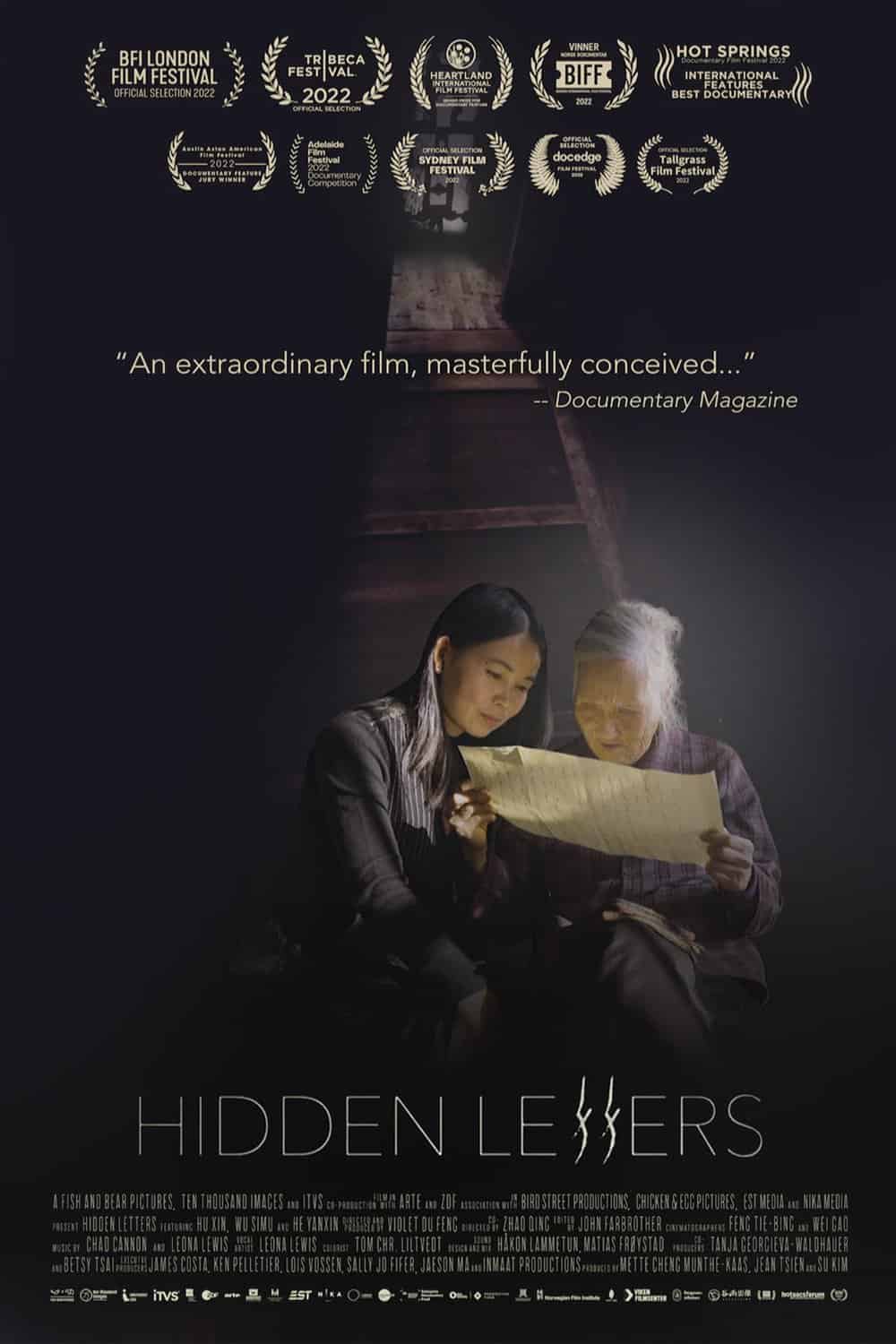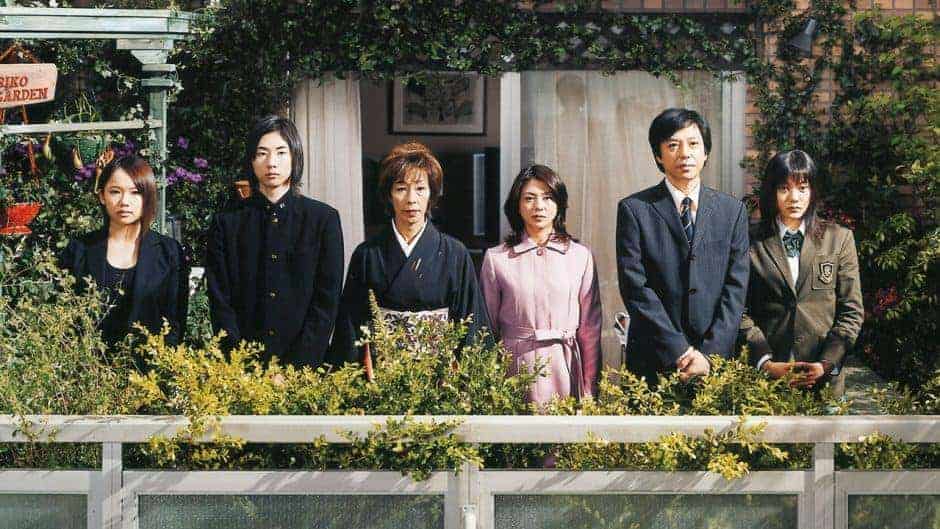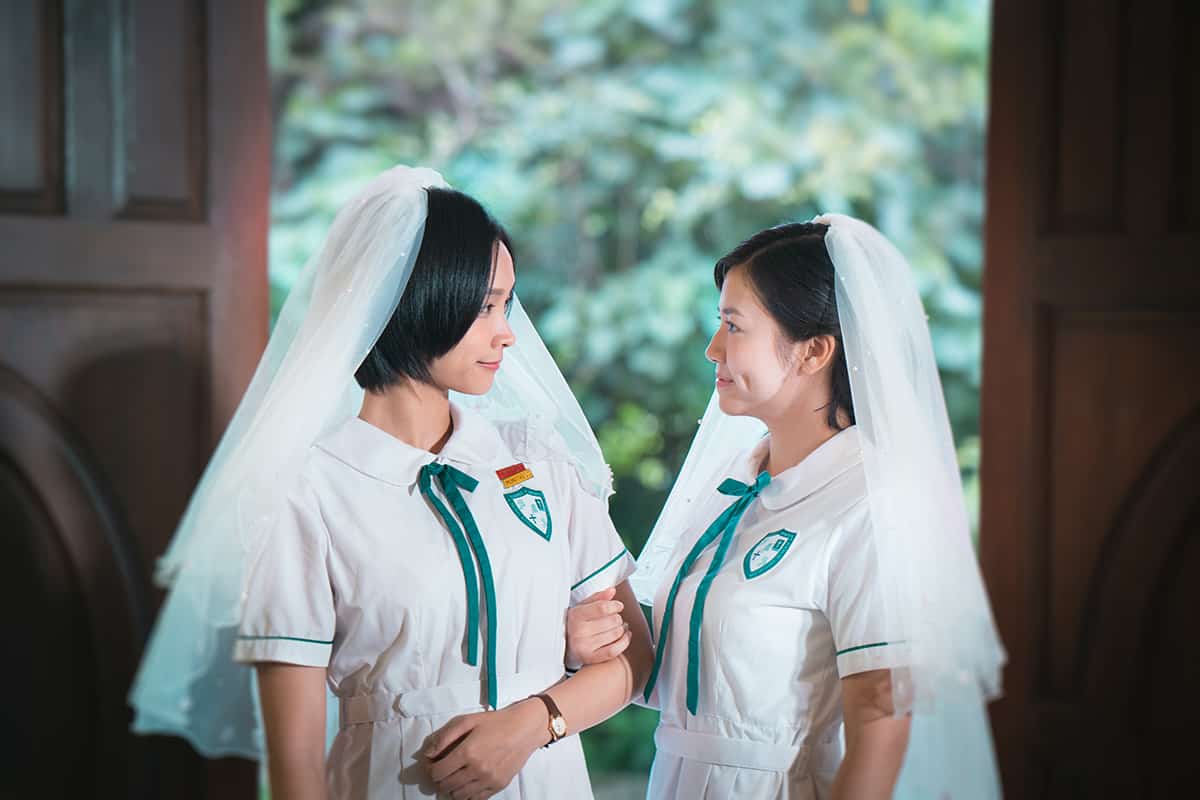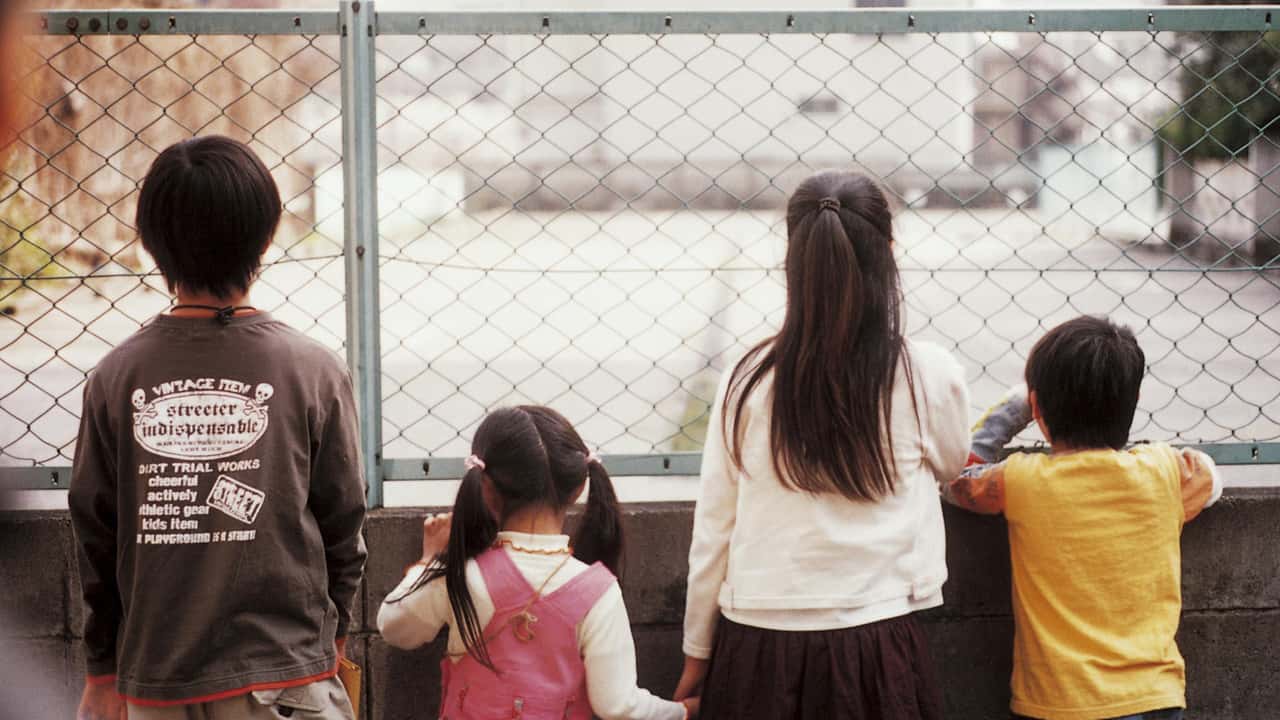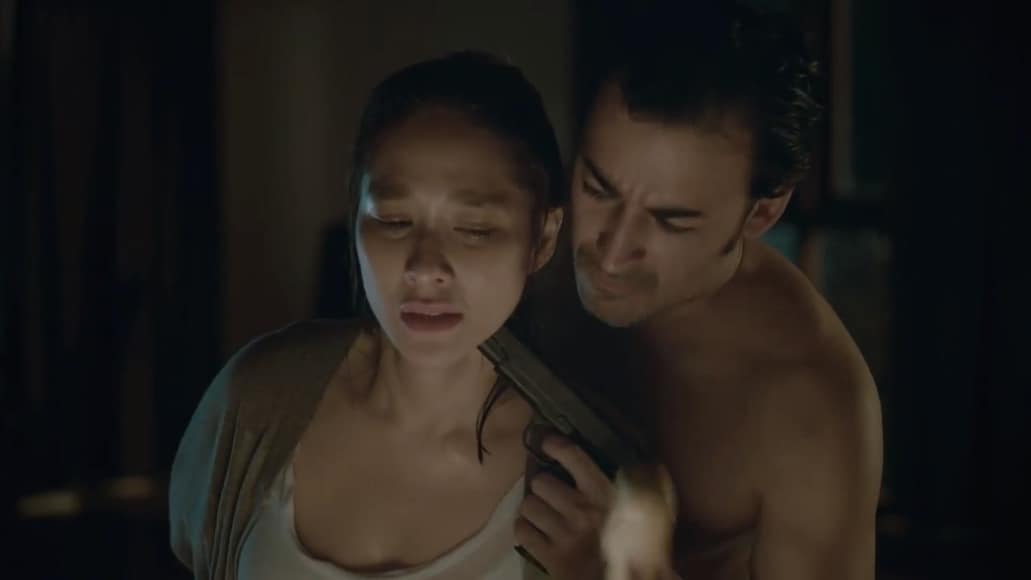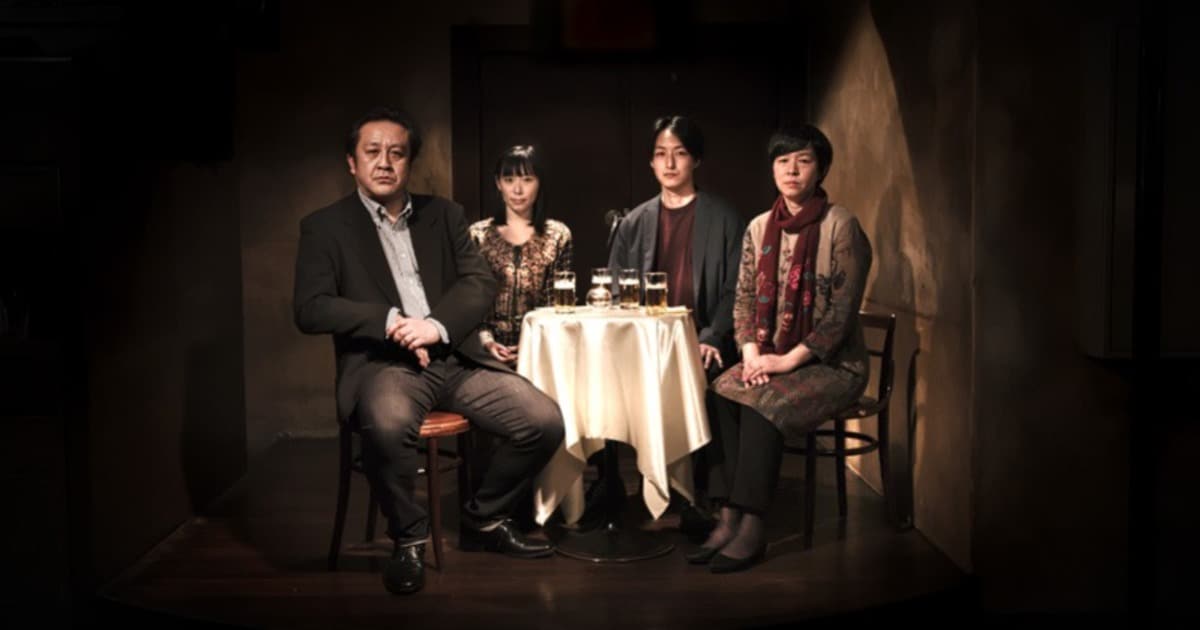Nüshu is considered to be the world's only writing system that is created and used exclusively by women. Originating in China's Jiangyong county in the nineteenth century, it gave rise, over time, to a traditional female culture, which is endangered today. The country's local and national authorities are working to revive it. (source: Unesco). Violet Du Feng directs a documentary that takes this language as its base, by presenting the lives of two of its practitioners today: divorced museum guide, Xin Hu, and a soon-to-be-married musician, Simu Wu, focusing, though, more on the place of women in Chinese society than the actual Nushu.
“Hidden Letters” review is part of the Submit Your Film Initiative

Xin Hu works as a tour guide and is also a certified Nushu inheritor, frequently being awarded for her contributions in the legacy of the language, including teaching it to young girls, while also trying to make some more money and support her mother by selling memorabilia which include the particular letters. As the story progresses, and through her own narration, we learn of her rather dramatic story with her ex-husband, and the movie's main topic, about the mistreatment of women, starts to surface. Simu Wu, a soprano, also helps in the spread of the particular language, but now finds herself in a situation where her fiance asks her to give up all her other dealings, and focus on their family. As the two girls meet with marketing experts, scholars and other men involved in the promotion of the language, a subtle but also eloquent comment about Chinese patriarchy eventually emerges, with all the men appearing throughout the movie, having a particular opinion about the role women should have that borders on misogyny. One of them is almost appallingly clear about this concept, stating that the three values all women should have are acceptance, obedience and resilience, even going so far as to state that nowadays, very few of them show these values, particularly the second.
At the same time, and mostly through Xin Wu's mother's narration, we learn of the legacy and history of Nushu, as she also remembers it from the narration of her own grandmother, while the songs associated with the language are also sung throughout the movie. Lastly, the creation of the Nushu museum is another of the main elements of the story here.
The focus, however, is more on the ways these two women fight against this patriarchy, trying to shape their own path in life, than the history of the language itself, in a way that frequently makes the latter aspect seem almost disconnected from the main story. On the other hand, the sequences showing the family life of the two are quite strong, with their impact being significant and the comments Du Feng wanted to do being excellently communicated, even if in subtle fashion. The facial expression of Simu Wu when her husband-to-be talks about her duties, and the narration of Xin Wu regarding her ex husband, which is portrayed mostly with her narrating while other segments of her everyday life appear on screen, emerge as the most powerful moments of the documentary, also showcasing its true focus.
These aspects benefit the most by the fact that the filmmaker has fully gained the trust of her “subjects” who have literally let her into their homes, in order to record their actual life as accurately as possible. The cinematography is impressive occasionally, with the various locations depicted on the film being exquisitely portrayed. Particularly the narrow streets Xin Wu and her mother roam are outstanding, and in combination with the music, give the documentary an oneiric, ritualistic hypostasis that works quite well in entertainment terms. The editing frequently results in a rather speed-up tempo, with the succession of the different footage (interviews, scenes from the everyday life of the protagonists etc) presented on screen occasionally being torrenting, in an approach that gives a very welcome sense of motion to the documentary. On the other hand, the number of images on screen is somewhat extravagant, while at 86 minutes, the film overextends its welcome after a fashion.
These, however, are minor issues, and in the end, “Hidden Letters” emerges as a rather intriguing documentary about women in current China, and also as a starting point for anyone willing to explore the whole concept of nushu.


